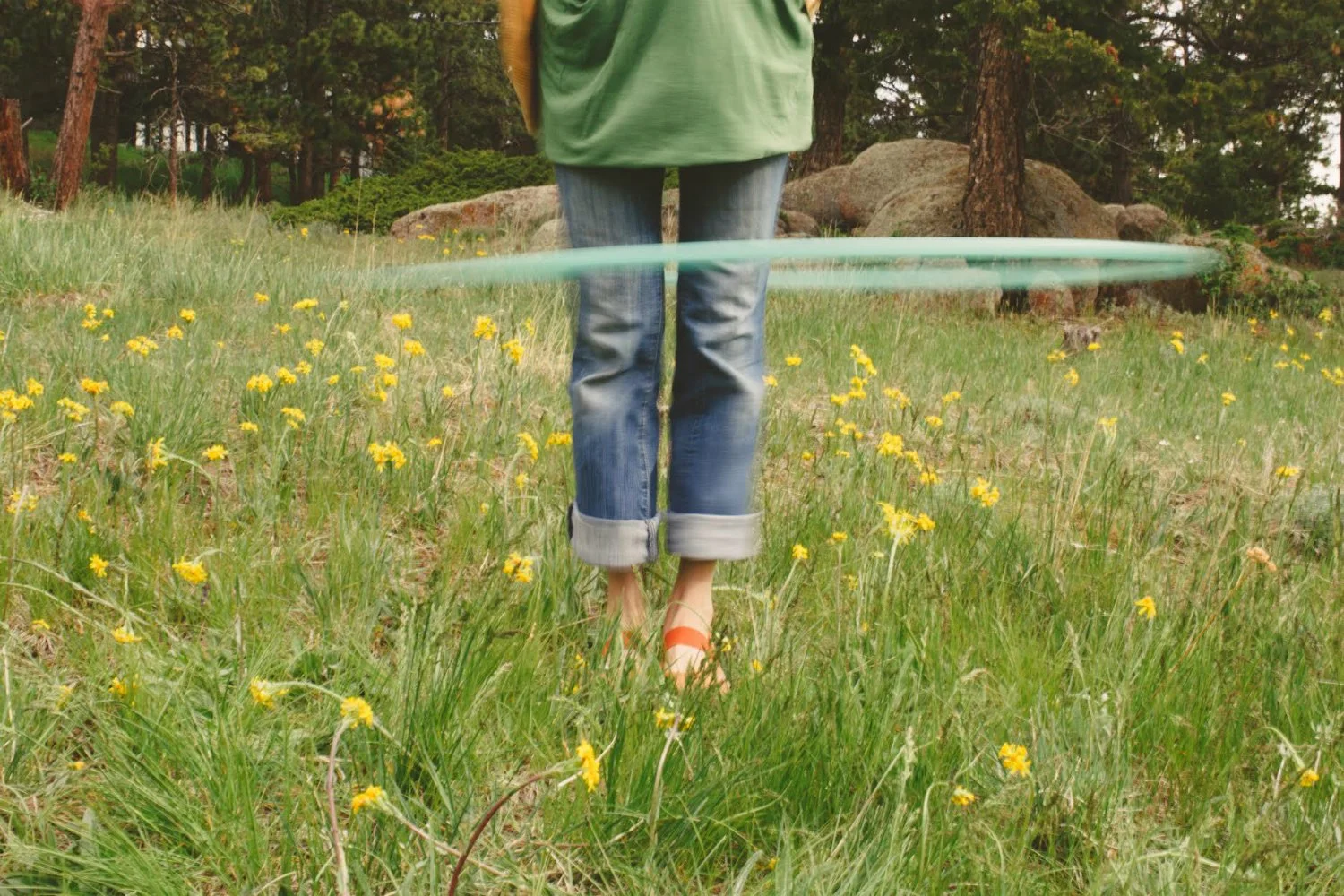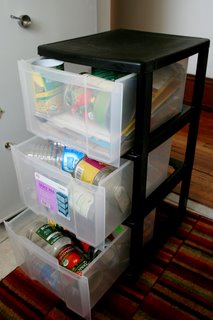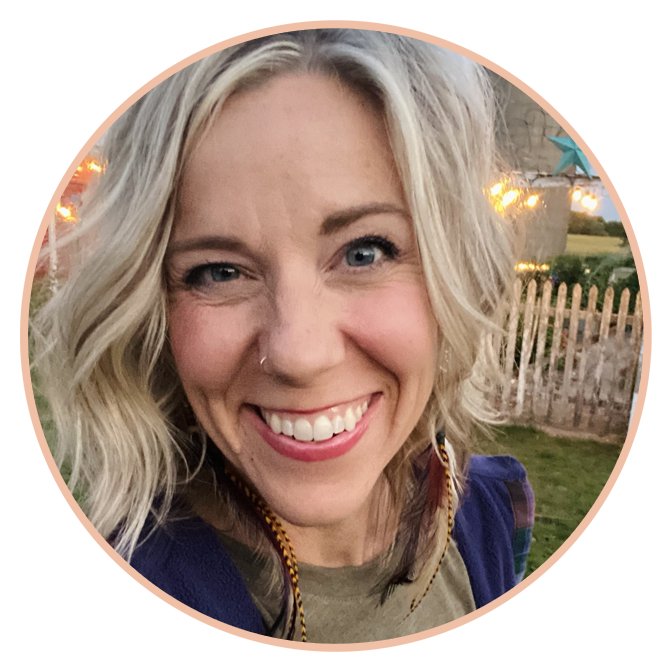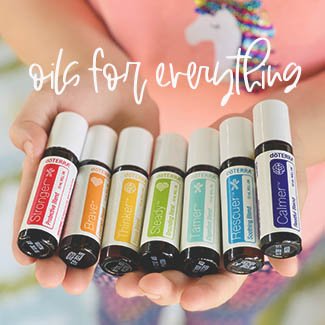Finding Your Tribe
/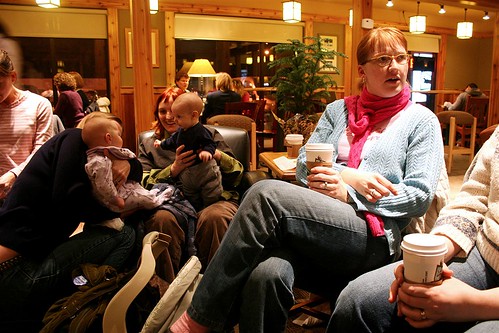 Fellowship. Community. Support. All of these words bring to mind warm and cozy feelings. In the stay-at-home mom "world", there is nothing more important than getting connected to a group of like-minded friends who you can converse with, laugh with, and love. I have been so fortunate to find this type of friendship. It all started when we moved to town and I attended my first La Leche League meeting. I met new people and had a great time. Not too long after that, I was invited to one of their homes for a "cloth diaper party". Basically a playdate...and we talked about diapering our babes. After that meeting, we had a huge increase in the number of "natural parenting" groups in town. I started a babywearing group, my friend Sarah started a cloth diapering group, the Holistic Moms Network started meeting, the Attachment Parenting group was growing..and POOF! A community of like-minded families rallied around each other and we started our own little tribe. We have meetings of some sort nearly every week, as well as a weekly playgroup. Several of us get together in each others homes as well to chat and let the kids play. And it was during one of these playdates that a couple of us started talking about the importance of community, especially with mothers of young children. When you get together with other moms, you realize that you're not the only one who has a messy house. You're not the only one who get burned out. You're not alone in your frustration with your 2 year old. When you can talk through these things with others who have been through it, your load becomes lighter. It's also reassuring to know that I'm not the only one who is obsessive about organic foods and non-plastic / non-commercial toys for my child.Here is a great article detailing the process of helping out in each others' homes...and building your own tribe. Put some hot water on for tea and invite another mama over today!
Fellowship. Community. Support. All of these words bring to mind warm and cozy feelings. In the stay-at-home mom "world", there is nothing more important than getting connected to a group of like-minded friends who you can converse with, laugh with, and love. I have been so fortunate to find this type of friendship. It all started when we moved to town and I attended my first La Leche League meeting. I met new people and had a great time. Not too long after that, I was invited to one of their homes for a "cloth diaper party". Basically a playdate...and we talked about diapering our babes. After that meeting, we had a huge increase in the number of "natural parenting" groups in town. I started a babywearing group, my friend Sarah started a cloth diapering group, the Holistic Moms Network started meeting, the Attachment Parenting group was growing..and POOF! A community of like-minded families rallied around each other and we started our own little tribe. We have meetings of some sort nearly every week, as well as a weekly playgroup. Several of us get together in each others homes as well to chat and let the kids play. And it was during one of these playdates that a couple of us started talking about the importance of community, especially with mothers of young children. When you get together with other moms, you realize that you're not the only one who has a messy house. You're not the only one who get burned out. You're not alone in your frustration with your 2 year old. When you can talk through these things with others who have been through it, your load becomes lighter. It's also reassuring to know that I'm not the only one who is obsessive about organic foods and non-plastic / non-commercial toys for my child.Here is a great article detailing the process of helping out in each others' homes...and building your own tribe. Put some hot water on for tea and invite another mama over today!
